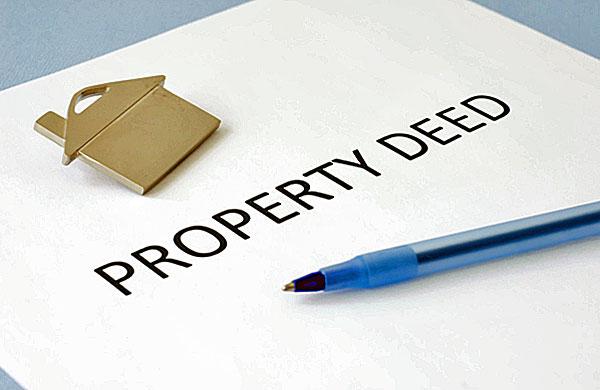
Latest News
Should I Make Charitable Gifts During Life or After Death?
Choosing whether to make gifts during life versus after death depends on your goals and circumstances.

A deed is a legal document used to convey title to real property. There are different types of deeds that may be used depending upon the circumstances of the transfer. It is always best to consult an experienced real estate attorney who can prepare and advise which type of deed should be used to meet your specific needs.

A “closing” in legal lingo is the final step in a real estate transaction. A real estate closing is when the purchaser obtains title to the property, evidenced by a deed from the seller to the purchaser or stock in a cooperative apartment.

Selling or purchasing real estate property can be one of the most significant transactions in your life. The information below is a general guide to the basic steps in a residential real estate transaction.

Real property in the Hamptons has always enjoyed a steady increase in value. But with this increase in value, owners may incur a substantial tax bill from the capital gain in their real property if and when they decide to sell.

Many people use irrevocable trusts as part of their estate plan for tax savings, asset protection and Medicaid planning. In all these types of trusts, the Grantor (creator) of the trust is going to be limited to their access of the principal of the trust in order to ensure that their planning needs are met.

Question: I transferred ownership of my house to a Medicaid Qualifying Trust ten years ago. I just put it on the market for sale, where will the proceeds go after sale? Are they protected?

Question: Am I able to obtain a mortgage on my real property if it is owned by an irrevocable Medicaid trust? Can a bank demand that an existing mortgage be due in full if I transfer my property to an irrevocable Medicaid trust?

Question: My aunt has a home that she purchased in 1980. It is now worth $300,000.00 and she wants give it to me to protect it from the cost of nursing home care. Can she just deed it to me? My lawyer is suggesting a trust. What is the difference?

While the primary residence is exempt from the resource calculation for community-based Medicaid, there are certain precautions that should be taken to ensure that the house will remain protected under all circumstances. Owning a home does not disqualify an applicant from receiving Community Medicaid.

Clients often ask how they can ensure the home in which they live or their vacation home can be protected against the cost of long term care. These assets are often worth much more to our clients than the cash value; they represent hard work to pay off the mortgage and are wrapped in memories.





